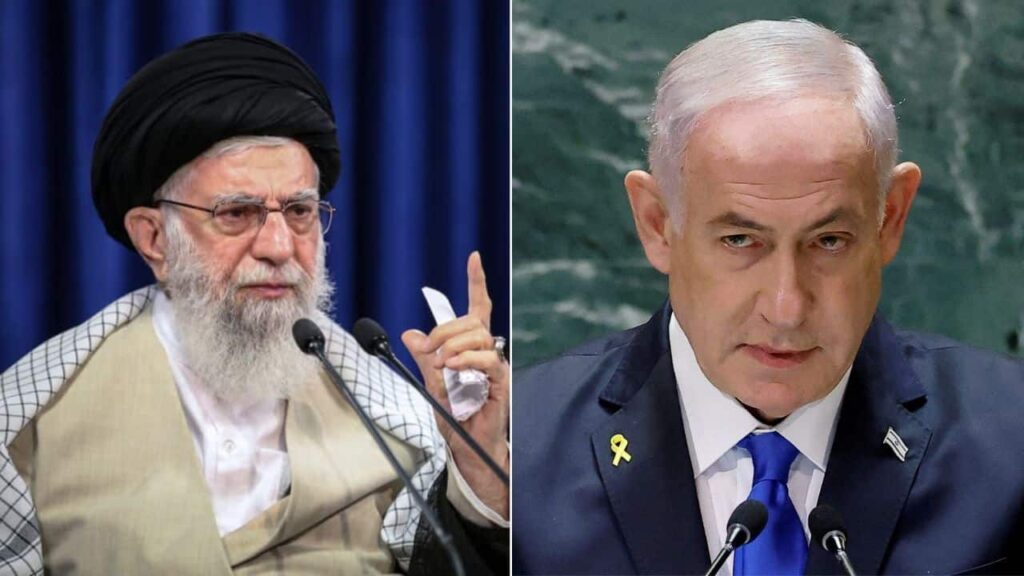Introduction
The recent escalation in hostilities between Iran and Israel marks a significant turning point in their long-standing adversarial relationship. Iran has executed its most aggressive direct strike against Israel to date, causing widespread alarm across the globe. This attack has ignited fears of a full-scale war, as both nations brace for potential larger-scale conflicts rooted in decades of complex historical, political, and ideological tensions.
Historical Context
To understand the current unrest, it is essential to delve into the historical context of Iran-Israel relations. Initially, during the mid-20th century, these two nations shared a relatively amicable relationship. However, following the Islamic Revolution in 1979, Iran’s political landscape shifted dramatically, leading to the establishment of a regime that viewed Israel as a primary adversary.
The Shift in Relations
| Period | Relationship Status | Key Events |
|---|---|---|
| Before 1979 | Allies | Economic and military cooperation; shared interests against regional threats. |
| 1979 – Present | Adversarial | Islamic Revolution, repeated military confrontations, and proxy warfare. |
Recent Developments
The recent attack by Iran is not an isolated incident but rather a culmination of escalating tensions. Factors contributing to these hostilities include Iran’s nuclear ambitions and military support for groups hostile to Israel, such as Hezbollah and Hamas. In retaliation, Israel has conducted numerous airstrikes against Iranian targets in Syria and other locations.
Global Implications
The implications of this conflict extend far beyond the Middle East. The geopolitical landscape is intricately tied to global powers, with the United States and Russia each backing different sides. This has the potential to involve regional allies and destabilize an already volatile area.
Conclusion
The prospect of a large-scale war between Iran and Israel raises significant concerns, not only for the nations directly involved but also for the global community. As the roots of this conflict run deep, understanding the historical and current dynamics involved is crucial for addressing future peace efforts. Continuous monitoring and diplomatic engagement will be essential to prevent further escalation and foster stability in the region.
